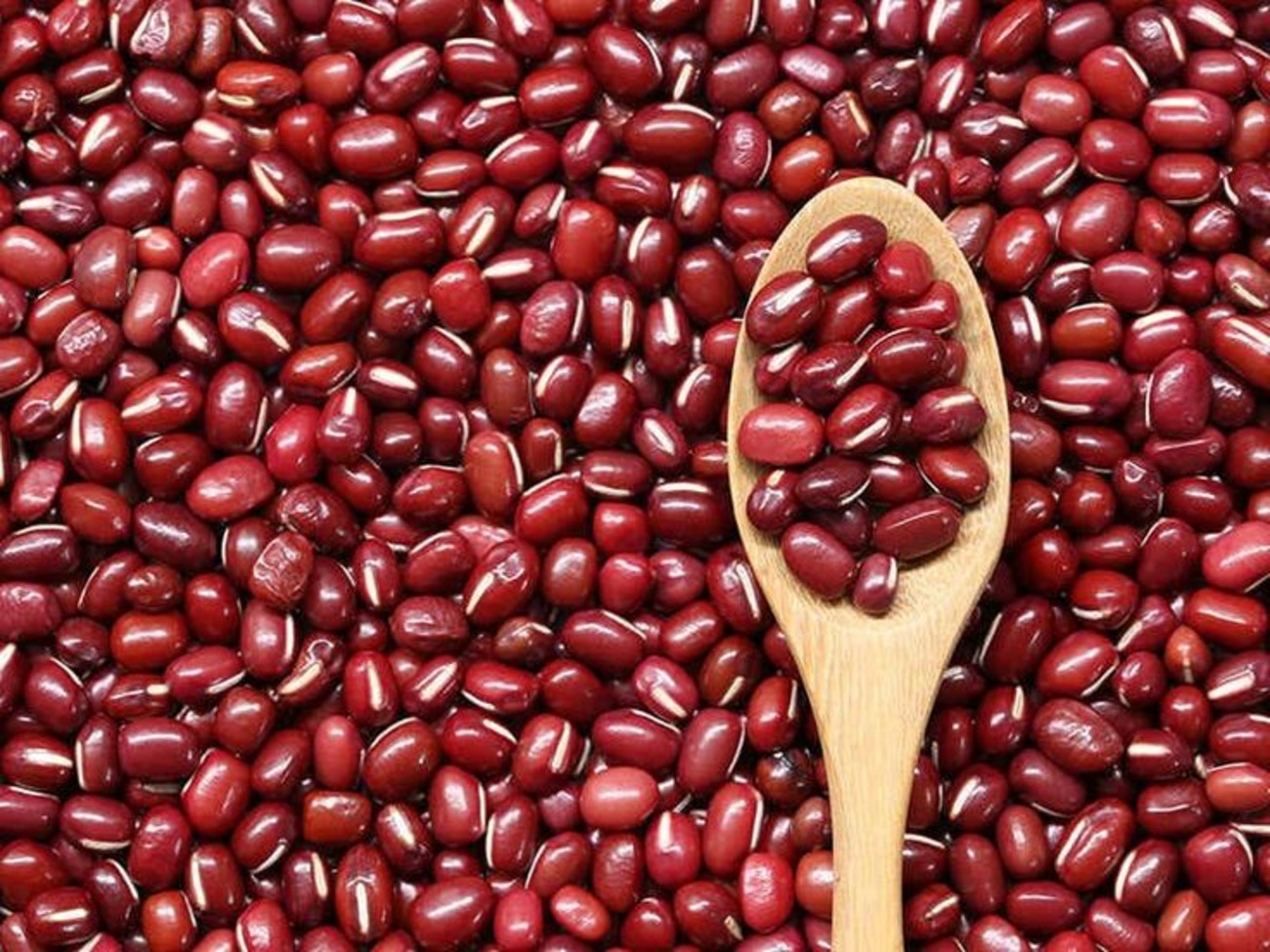
The kidneys are vital organs that play a crucial role in maintaining the overall health and well-being of our bodies. These bean-shaped organs, located on both sides of the spine, are responsible for filtering waste and excess fluids from the bloodstream, balancing electrolyte levels, regulating blood pressure, and producing hormones that are essential to various bodily functions.
While most of us are familiar with the basic functions of the kidneys, there are several fascinating facts about these organs that are worth exploring. From their ability to filter an astounding amount of blood every day to their connection to certain health conditions, understanding more about the kidneys can help us appreciate their importance and take better care of our overall health.
Key Takeaways:
- Kidneys are small but mighty, filtering 150-180 liters of blood daily and producing essential hormones for our health. Taking care of them through a balanced diet and hydration is crucial for overall well-being.
- One kidney can do the job! Even with just one kidney, our bodies can function normally. It’s important to protect our kidneys from diseases by maintaining a healthy lifestyle and getting regular check-ups.
The kidneys are bean-shaped organs.
The kidneys are two bean-shaped organs located on either side of the spine, just below the rib cage. Each kidney is about the size of a fist.
Kidneys filter around 150-180 liters of blood daily.
Despite their small size, the kidneys are incredibly efficient. They filter around 150-180 liters of blood per day, removing waste products and excess fluid to produce urine.
Kidneys help regulate blood pressure.
The kidneys play a crucial role in maintaining blood pressure. They produce a hormone called renin, which helps regulate blood volume and control blood pressure.
Kidneys remove waste and toxins.
One of the primary functions of the kidneys is to filter waste and toxins from the blood. They eliminate substances like urea, creatinine, and excess minerals through urine.
Kidneys produce erythropoietin.
Erythropoietin is a hormone produced by the kidneys that stimulates the production of red blood cells in the bone marrow. It helps maintain a healthy level of oxygen-carrying cells in the bloodstream.
Kidneys activate vitamin D.
The kidneys convert inactive vitamin D into its active form, which is essential for the absorption of calcium and phosphorus in the intestines. This promotes healthy bone formation and overall bone health.
Kidneys help maintain pH balance.
The kidneys help regulate the body’s acid-base balance by excreting hydrogen ions and reabsorbing bicarbonate ions. This ensures that the blood pH remains within a narrow range for optimal metabolic function.
Each kidney contains millions of nephrons.
Nephrons are the microscopic structural units of the kidneys responsible for filtering the blood. Each kidney contains millions of nephrons, which play a crucial role in the filtration process.
Kidneys can adjust urine concentration.
The kidneys have the remarkable ability to adjust urine concentration based on the body’s fluid and electrolyte needs. This allows them to maintain proper hydration and prevent dehydration.
One kidney can still function.
The human body can function with just one kidney. Some individuals are born with only one kidney, while others may have one removed due to transplantation or surgical procedures.
Kidneys can be affected by various diseases.
Kidneys can be susceptible to various diseases such as kidney stones, urinary tract infections, polycystic kidney disease, and kidney failure. Regular check-ups and a healthy lifestyle can help prevent these conditions.
High blood pressure can damage kidneys.
Uncontrolled high blood pressure can damage the blood vessels in the kidneys, leading to kidney disease and impaired kidney function. Maintaining a healthy blood pressure level is crucial for kidney health.
A healthy diet promotes kidney health.
A balanced diet rich in fruits, vegetables, whole grains, and lean proteins promotes kidney health. It is important to limit the intake of processed foods, salt, and sugary drinks, which can strain the kidneys.
Drinking enough water is essential for kidney function.
Staying hydrated is crucial for maintaining optimal kidney function. Drinking an adequate amount of water helps flush out toxins and prevents the formation of kidney stones.
Kidney donation can save lives.
Kidney transplantation is a life-saving procedure for individuals with kidney failure. Organ donation can significantly improve the quality of life for recipients and is a powerful act of kindness.
These 15 facts about kidneys highlight their vital role in maintaining our health and well-being. Taking care of our kidneys through a healthy lifestyle and regular check-ups ensures their proper function and longevity. So, let’s cherish and give our kidneys the attention they deserve!
Conclusion
In conclusion, kidneys are vital organs that play a crucial role in maintaining our overall health and well-being. They help filter waste products, regulate blood pressure, produce hormones, and maintain the balance of electrolytes in our bodies. Understanding the importance of kidneys and taking steps to keep them healthy is essential for a long and healthy life.
FAQs
Q: What are the main functions of the kidneys?
A: The main functions of the kidneys are to filter waste products from the blood, regulate fluid levels in the body, balance electrolytes, and produce hormones necessary for the production of red blood cells.
Q: How can I keep my kidneys healthy?
A: To keep your kidneys healthy, it is important to drink plenty of water, eat a balanced diet low in sodium and processed foods, exercise regularly, avoid smoking and excessive alcohol consumption, and manage conditions such as diabetes and high blood pressure.
Q: What are some common kidney disorders?
A: Common kidney disorders include kidney stones, urinary tract infections, kidney infections, polycystic kidney disease, and chronic kidney disease.
Q: Can I live with only one kidney?
A: Yes, it is possible to live a healthy life with only one kidney. Many people are born with one kidney or may need to have a kidney removed due to medical conditions. However, it is important to take extra care of the remaining kidney and follow a healthy lifestyle.
Q: How often should I get my kidneys checked?
A: It is recommended to have regular check-ups with your healthcare provider and get your kidneys checked at least once a year, especially if you have risk factors such as diabetes, high blood pressure, or a family history of kidney disease.
Was this page helpful?
Our commitment to delivering trustworthy and engaging content is at the heart of what we do. Each fact on our site is contributed by real users like you, bringing a wealth of diverse insights and information. To ensure the highest standards of accuracy and reliability, our dedicated editors meticulously review each submission. This process guarantees that the facts we share are not only fascinating but also credible. Trust in our commitment to quality and authenticity as you explore and learn with us.


